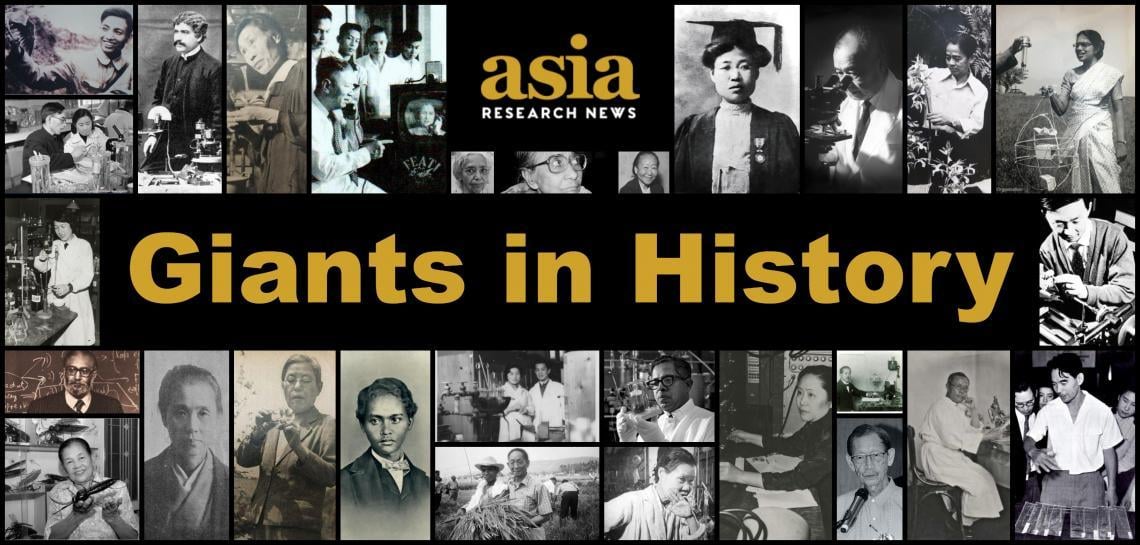The physician who tamed a deadly disease
Upendranath Brahmachari (19 December 1873 - 06 February 1946)
India

Indian scientist and physician Upendranath Brahmachari (19 December 1873–6 February 1946) is best known for creating a drug called Urea Stibamine, used to safely and reliably treat visceral leishmaniasis (or Kala-azar), a severe infection caused by the Leishmania parasite. Kala-azar was later named Brahmachari Leishmanoid in his honour. Brahmachari was nominated for the Nobel Prize twice, in 1929 and 1942, almost winning India’s first Nobel Prize in Medicine. In addition to these landmark accomplishments, Brahmachari made significant contributions to understanding other deadly diseases including malaria, black-water fever, and cerebrospinal meningitis. Having synthesized Urea Stibamine in a poorly-equipped hospital room, Brahmachari later mused that eliminating visceral leishmaniasis would be “the happiest and proudest day of my life if it falls to my lot to see it.” Indeed, the compound, considered the most potent drug against the Leishmania parasite, has led to the successful treatment of millions of Indians suffering from Kala-azar. Brahmachari sold Urea Stibamine to the government at cost price and donated generously to several public institutions. In addition, this committed humanitarian established India’s first blood bank in Calcutta in 1939, and was instrumental in launching the Blood Transfusion Service of Bengal and the St. John Ambulance of Bengal.






